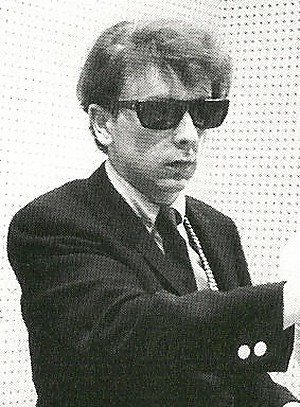
Summer before last, Danger Mouse, the producer behind Gnarls Barkley and thus behind the inescapable hit "Crazy," was profiled by Chuck Klosterman in the New York Times Magazine and talked about how a music producer was analogous to a film director. Mouse mentioned how impressed he was with Woody Allen, and how he wanted to be like him. "Woody Allen was an auteur: He did his Thing, and that particular Thing was completely his own," Mouse said, with capitalization courtesy of Klosterman. "That's what I decided to do with music. I want to create a director's role within music, which is what I tried to do on this album."
"Musically, there is no one who has the career I want," Mouse said. "That's why I have to use film directors as a model." But there was someone who had that career, and Klosterman even mentioned him in the piece (although he just as quickly discarded the comparison): Phil Spector.
I was reminded of that Gnarls Barkley story when I read Tearing Down the Wall of Sound, Mick Brown's recent biography of Phil Spector. (You may have noticed notions from that book popping up in OPC recently.) People don't think of Crystals records or Darlene Love records or Ronettes records as much as they think of Phil Spector Wall of Sound records. Indeed, Spector is the only producer I know of who has gotten his own box set, although that may be because Spector was the only producer who owned his own label.
I also think Spector was unique in that he didn't really write songs all that much (although he would often appropriate writing credits), unlike Leiber & Stoller, or Holland-Dozier-Holland, or even Jim Steinman, all of whom were writer-producers. (So is Danger Mouse, for that matter.) He was just a producer (although he was also an accomplished guitarist). The other true producers, like Scott Litt and Kim Fowley and Bill Szymczyk, never got all that famous, much less their own box sets.
One cool thing about the Wall of Sound is that it was produced live in the studio, without overdubs, except maybe on the vocals. Spector had his army of six or seven guitars, his four bassists, strings and horns and what have you, all playing live, straight through. I bet that was something to see.
No comments:
Post a Comment